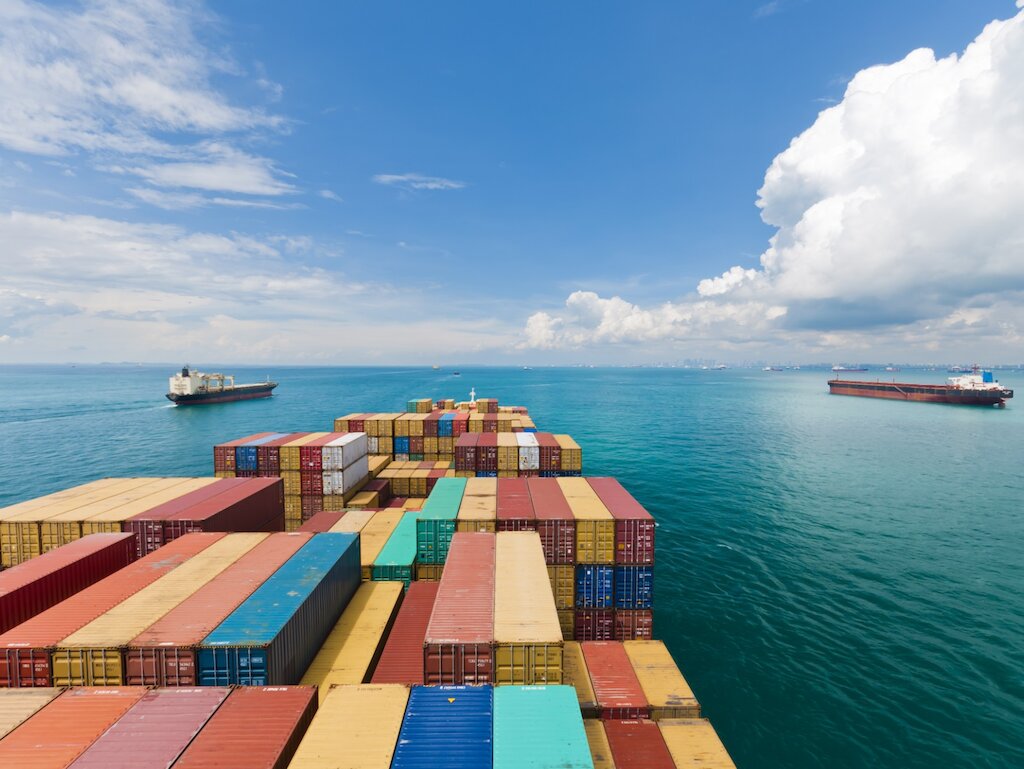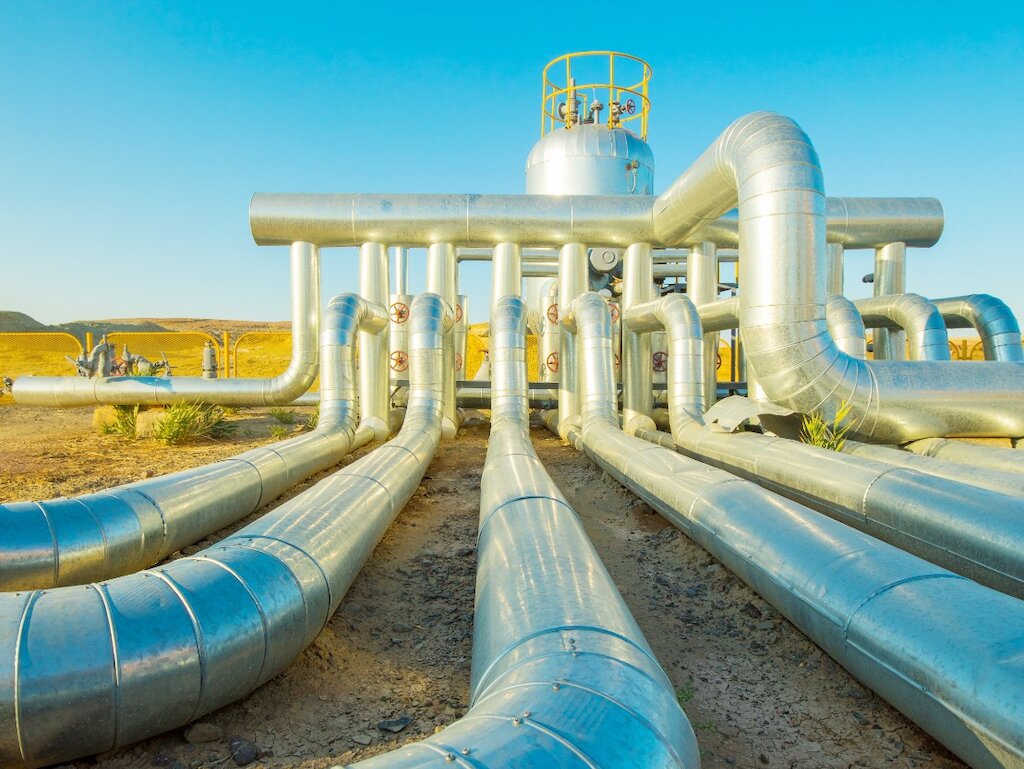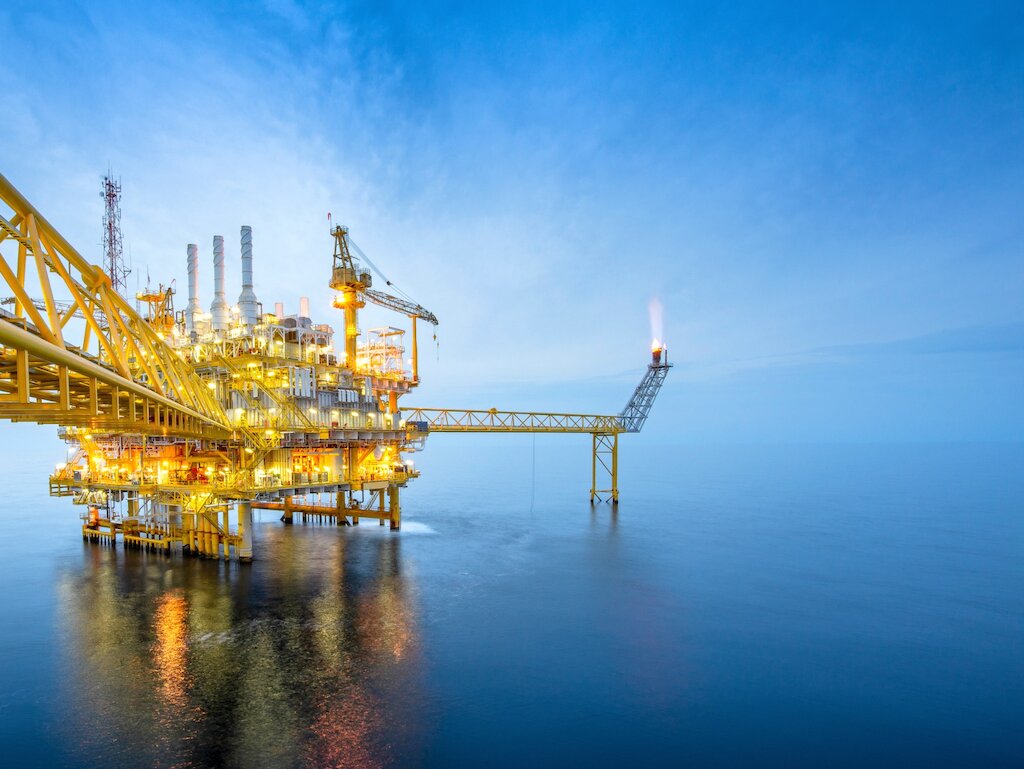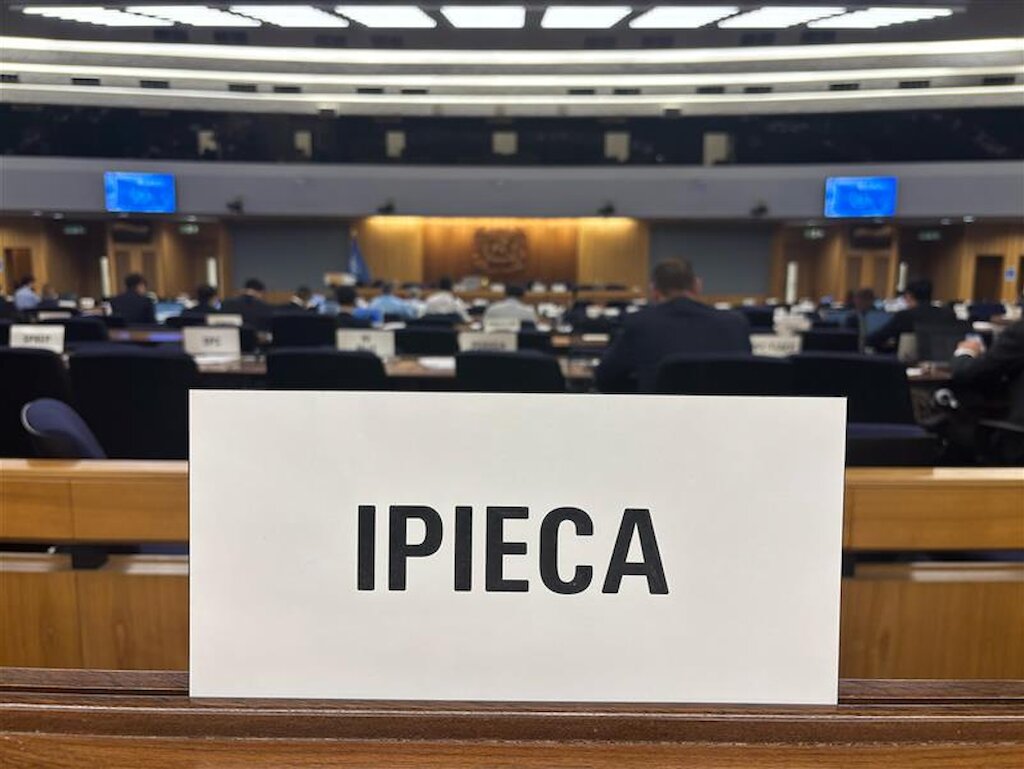Ipieca Executive Director Brian Sullivan looks at what Glasgow needs to deliver to fully operationalize the Paris Agreement.
Taking place in Glasgow next week, COP26 will be the most significant COP event since the landmark COP21 in Paris in 2015, when for the first time the world agreed to work together to limit global warming to well below 2 degrees compared to pre-industrial levels and aim for as close to 1.5 degrees as possible.
Under the Paris Agreement, countries committed to bring forward national plans setting out how much they would reduce their emissions - known as Nationally Determined Contributions (NDCs). World leaders agreed that every five years they would update their plans to be as ambitious as possible.
This is the first COP in that five-year cycle - delayed from 2020 due to the COVID-19 pandemic - at which countries are being asked to update their plans for reducing emissions. Recent reports from the IPCC and IEA make it clear that if we are going to meet the goals of the Paris Agreement, then we have to scale up our climate action, and quickly. A successful COP26 could put us back on track.
COP26 goals
The success of Glasgow depends on some key outcomes.
Given the urgent need to accelerate climate action, a crucial goal for the COP Presidency is for all countries to come forward with updated NDCs including ambitious emissions reduction targets that will deliver the Paris Agreement and align with a net-zero world by the middle of the century.
Climate and nature are interconnected. Ecosystems can act as buffers to the worst extremes of climate change as well as provide carbon sinks, however, their ability to do so is affected by climate change. Nature clearly has to be part of the climate change solution.
Finance is another key lever to achieving the Paris goals. A big hope for Glasgow is that developed countries can make good on the commitment they made to mobilize US$100 billion per year by 2020 to help developing countries to reduce emissions and adapt to climate change impacts.
Transforming our energy systems to meet the Paris Agreement objectives while also providing a growing global population with the energy it needs can only be achieved by working together. COP is so important as it brings together government, science, industry, civil society and finance to work on this shared challenge.
The oil and gas industry's role in a net-zero future
The oil and gas industry is playing an important role in the energy transition by providing the affordable and reliable energy needed to fuel fair growth and improved living conditions for all in line with the UN Sustainable Development Goals, producing this energy with decreasing emissions to support a net-zero world.
It is contributing to a net-zero future in a number of ways:
It is reducing greenhouse gas emissions from its operations through energy efficiency, flare reduction and managing methane emissions, as well as increasingly powering its operations with low carbon or renewable energy sources. Many companies are also helping their consumers reduce their emissions through the increased use of natural gas and developing low-carbon mobility technologies such as electric vehicles, biofuels, liquefied natural gas, ammonia and hydrogen fuel-cells.
Hydrogen will be a key enabler of the energy transition. Low-carbon hydrogen can support hard to abate sectors such as heavy industry and heavy-duty transport, often the drivers of developing economies, to lower their emissions as well as offer large scale, long-term back up for renewables. The oil and gas sector has the experience, skills and knowledge to scale up production of hydrogen as a low-carbon source of energy.
One of the key technologies that can enable large-scale, cost-effective mitigation of CO2 within the industry and across other sectors is carbon capture, utilisation and storage (CCUS). Of the 26 large-scale CCUS projects in operation in 2020, 24 are related to the oil and gas sector. Many of these projects are developed through industry-government collaboration.
An increasing number of oil and gas companies are part of the growth in the renewable energy sector and have been increasingly using, investing in and producing energy through renewable technologies in particular wind, solar and biofuel.
Ipieca members are committed to playing their part in a net-zero future. Over 50% of Ipieca corporate members have publicly committed to achieving net-zero emissions.
Ipieca activity at COP26
Ipieca has attended every single COP since the inaugural event, held in Berlin in 1995. Our role is not to lobby but to listen. Events we organize at COPs usually give platforms to stakeholders who challenge the industry.
In preparation for COP26, Ipieca has organized and taken part in presentations and workshops to explore how the industry can accelerate its own net-zero ambitions as well as support other sectors to ramp up their efforts, with a particular focus on the synergies between the oil and gas industry and hard to abate sectors such as aviation, cement, shipping and steel.
At Glasgow, we will be observing negotiations, hosting a side event on getting operations to net-zero and the role of collaboration in a net-zero world, as well as taking part in events and meetings hosted by government delegations and other organizations.
What does success at Glasgow look like?
A true measure of success will be if we come away from Glasgow with all nations having enhanced the ambitions of their NDCs. This is off to a good start as over 80 countries have already announced updated NDCs including 2030 targets aligned with reaching net-zero by mid-century. However, that still leaves over half of the global economy yet to update their plans.
To reach net-zero we need everyone to be part of the journey. A key to success will be finalizing the Paris Rulebook - the detailed guidelines to operationalizing the Paris Agreement - in particular Article 6. This is a mechanism that allows for global cooperation on reaching net-zero. It has three parts: a country which has overachieved on its emissions targets can support others who are struggling to meet theirs by selling carbon credits, a UN-led carbon market, and a framework to allow countries to support one another lower emissions by providing technology or aid free of charge.
Likewise, financial commitments are about countries supporting one another. The COP26 Presidency is working to create the financial framework that will enable developed countries to provide US$100 billion of climate support per year to boost climate resilience and build energy systems that will provide access to clean, modern and affordable energy in developing countries.
This COP does feel significant, and I hope it can produce what is needed to support the delivery of the Paris goals. Come the end of COP26, Ipieca will be ready to work with our members and partners to produce the practical guidance and tools needed to support the industry to align with its outcomes and contribute to a net-zero world.




